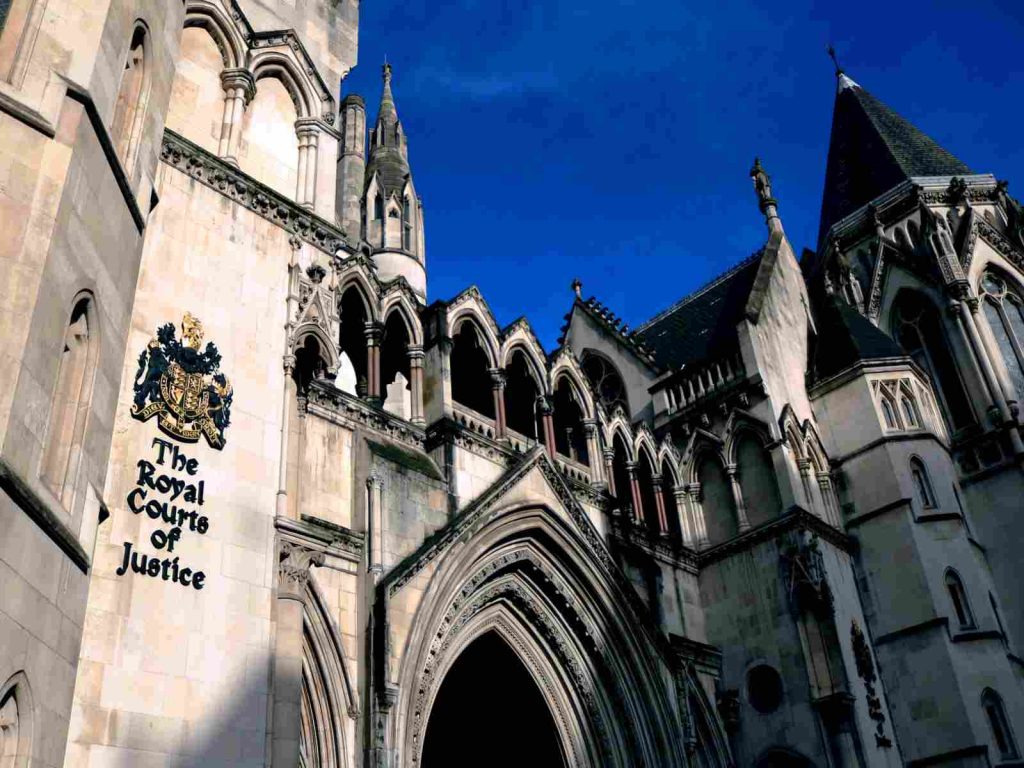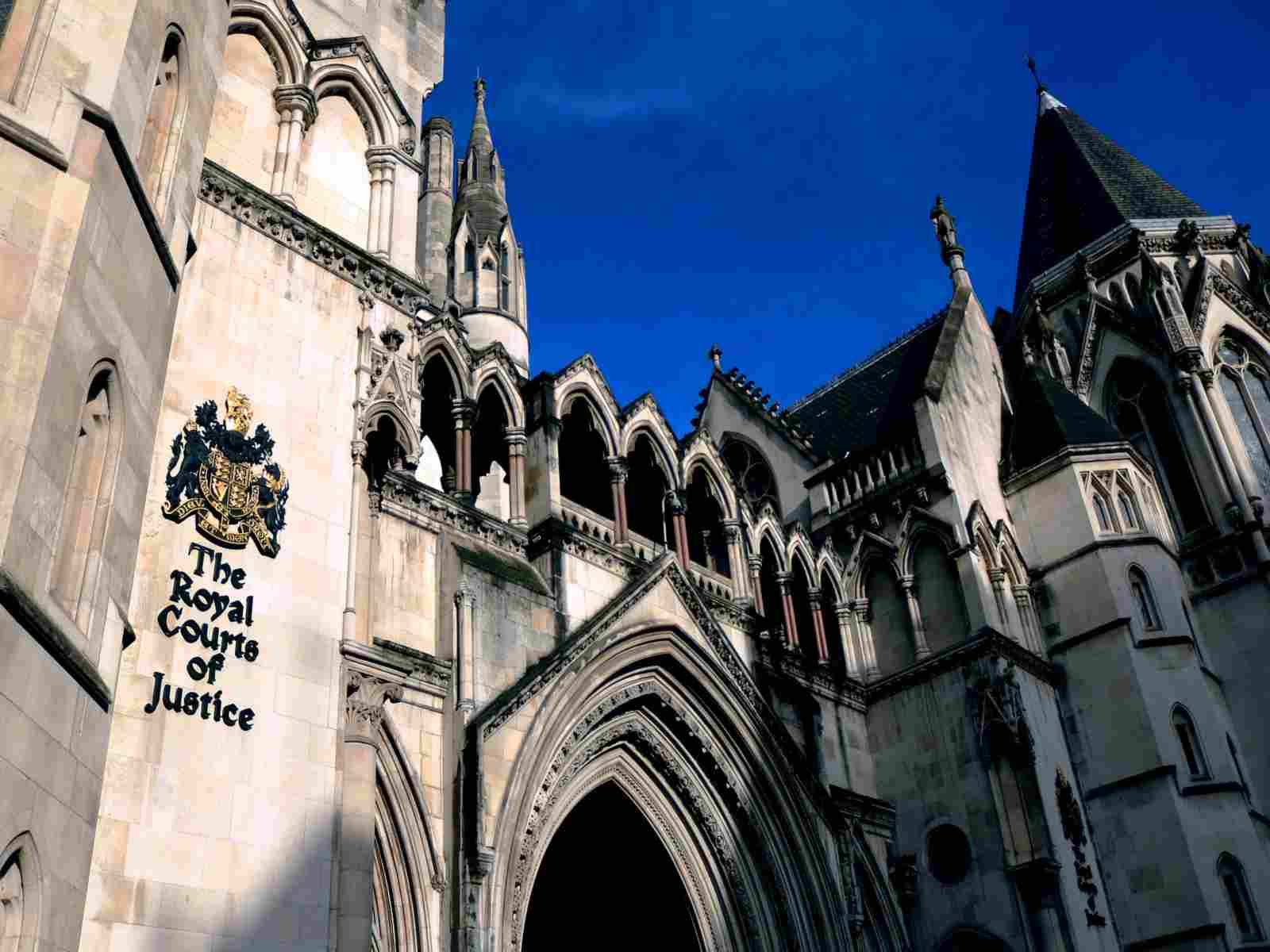The Law Society has criticised plans to create ‘intermediate courts’ to address the backlog of criminal cases awaiting trial in England and Wales.
The interim report on the continuing crisis in courts by Sir Brian Leveson proposed intermediate courts could ‘tackle the outstanding caseload’, however the Law Society said this week that without increased funding for judicial resources and legal aid, these reforms will be superficial. The body has argued that such structural reforms are ‘not the answer’, warning that an additional court tier may divert resources from more urgent priorities.
The Law Society has also asserted that ‘only sustained investment across the criminal justice system will ensure victims and defendants get justice that is both timely and fair’.
The Leveson Review of Criminal Courts’ recommendations aim to ‘lead to a more efficient criminal court system’ but have yet to be fully implemented. The review examines long-term reform options, including reclassifying certain offences, extending magistrates’ sentencing powers, and introducing an intermediate court to relieve pressure on higher courts.
This week’s budget revealed 15% budget cuts to the MoJ, which will have ‘inevitable dire consequences’ for defendants and victims. Defendants struggle to secure legal representation due to legal aid cuts, victims face prolonged delays, and the overall efficiency of court processes suffers.
While the Leveson Review promotes certain reforms to case management, many lawyers argue that creating a new court structure would be ‘expensive and cumbersome’ when systemic underfunding is the real issue.
Leveson also considers AI and modern technology to improve court efficiency. However, in the absence of financial commitment, the Law Society suggests more practical reforms, including early diversion schemes for certain offenders, improved data-sharing systems, remote hearings, and more frequent listing meetings.
If funding shortfalls continue, the Law Society warns that justice will be compromised, disproportionately affecting the most vulnerable individuals. instead of introducing new court structures, it urges prioritising resources for the existing system.
Richard Atkinson, President of the Law Society, hopes ‘this review will lead to meaningful public debate about what society expects of the criminal justice system, and, importantly, how to properly resource it’.




